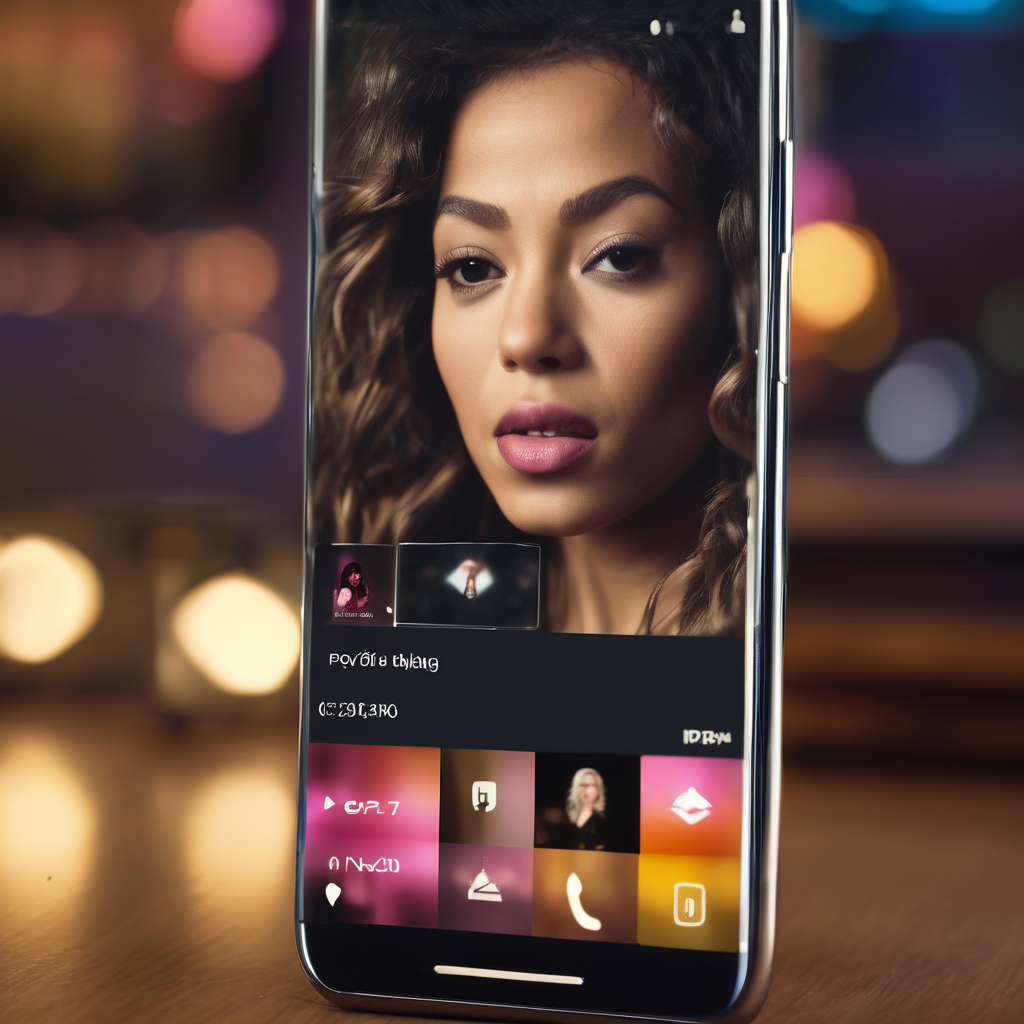
In a short-form video, an influencer reacts passionately to a California news story featuring seemingly authentic visuals, including an anchor urging viewers to act, victims, and a CNN logo. The banner proclaims “BREAKING NEWS” with the headline, “California accident victims getting insane payouts. ” However, this social media star’s excitement is actually a covert advertisement designed to attract clients for legal services, largely created using artificial intelligence (AI). With the recent surge in AI video tools and sharing platforms, the boundary between genuine news and promotional content is increasingly blurred. Personal injury lawyers have historically used flashy advertising across radio, TV, billboards, and infomercials to embed their brands in consumers’ minds, using repetition and bold claims to be remembered after an accident. Now, AI enables a new generation of more persuasive, locally tailored ads. Alexios Mantzarlis from Cornell Tech notes that AI-generated humans and influencer replicas promote goods and services online without revealing their synthetic nature, undermining truthful advertising. This trend extends beyond TV news, as AI also generates sensational headlines in users’ feeds for advertisers. For instance, a debt repayment ad depicts a man with an AI-created “Forbes” newspaper and a line of AI-generated people, all fabricated experts say. Despite criticism of such “AI slop, ” companies continue launching increasingly advanced AI video generators that facilitate realistic fake news and broadcasts. Meta unveiled Vibes, an app for AI-generated short videos, closely followed by OpenAI’s Sora app, which features “Cameo, ” allowing users to insert their own or others’ images into photorealistic AI videos made in seconds. Since its recent release, Sora has topped App Store downloads, with OpenAI encouraging businesses to integrate this technology into their products. CEO Sam Altman envisions high-quality synchronized videos generated via APIs fueling new innovations. This has fostered synthetic social media platforms offering personalized AI content streams resembling addictive TikTok videos, where distinguishing real from fake is challenging. Experts warn that these accessible, powerful tools pose risks as state-backed actors in some countries spread disinformation using AI-generated news. Online safety advocates highlight how AI-produced misleading stories, propaganda, and ads drown out human content, worsening information quality. YouTube removed hundreds of AI-generated celebrity scam videos, Spotify deleted millions of AI music tracks, and the FBI estimates $50 billion lost since 2020 to deepfake scams. Even reputable outlets like the Los Angeles Times have been victims, with AI falsely declaring a journalist dead. Legal service ads, known for pushing boundaries, now face challenges from accelerating AI, making it easier to skirt advertising rules that forbid guaranteeing results.
AI newscasts featuring victims holding large AI-generated checks blur fact and fiction, problematically suggesting real payouts, warns attorney Samuel Hyams-Millard. A pioneer, Case Connect AI, runs sponsored YouTube Shorts and Facebook ads targeting personal injury victims. Its AI “compensation calculator” allegedly costs insurers money, as a social influencer-style actor claims, followed by AI-generated news clips and images of celebrants with oversized checks. Recent ads on Google’s Transparency website reveal numerous AI-generated anchors and fabricated testimonials. Sometimes the company employs AI-generated robots or even monkeys. Case Connect uses Google’s Veo 3 model but has not disclosed which ad elements are AI-created. Founder Angelo Perone describes the firm as a lead generator connecting accident victims to lawyers, compensated by fees from the firms, not practicing law itself. He stresses balancing effectiveness with responsibility, adhering to advertising compliance with proper disclaimers. However, some legal professionals criticize these tactics. Trial lawyer Robert Simon of Simon Law Group condemned certain Case Connect ads targeting L. A. County fire victims as “egregious, ” advocating for Senate Bill 37 to curb deceptive ads, noting this debate predates AI. With U. S. personal injury law a $61 billion market and L. A. a major hub, Hyams-Millard warns lawyers partnering with lead generators like Case Connect could be liable for misleading ads. Even lead generation firms like 4LegalLeads’ founder Vince Wingerter acknowledge AI’s potential for abuse, stressing that while guardrails are longstanding needs, today’s technology intensifies the challenges.
AI-Generated Legal Ads Blur Lines Between News and Promotion in California


AI answer engines are not just altering how people search online; they are fundamentally redefining business visibility in the digital era.

AMD and OpenAI have unveiled a landmark partnership set to reshape AI infrastructure profoundly.

Molly Peck, who was then the CMO of Buick and GMC, had recently assumed the position of chief transformation officer, with the responsibility of overhauling GM’s content strategy and agency partnerships.

As with every Taylor Swift album launch, all elements for The Life of a Showgirl were carefully planned and implemented starting last week, from teaser trailers to release-day events and talk-show appearances.

Google has announced a major expansion of its AI-powered search feature, 'AI Mode,' now supporting five new languages: Hindi, Indonesian, Japanese, Korean, and Brazilian Portuguese.

This post, co-authored with Cyril Ovely from Vxceed, addresses a pressing challenge for consumer packaged goods (CPG) companies in emerging economies: effectively retaining revenue and growing customer loyalty at scale.

SEO expert Mark Williams Cook recently revealed how AI is fundamentally disrupting search.
Automate Marketing, Sales, SMM & SEO

and get clients on autopilot — from social media and search engines. No ads needed
and get clients today